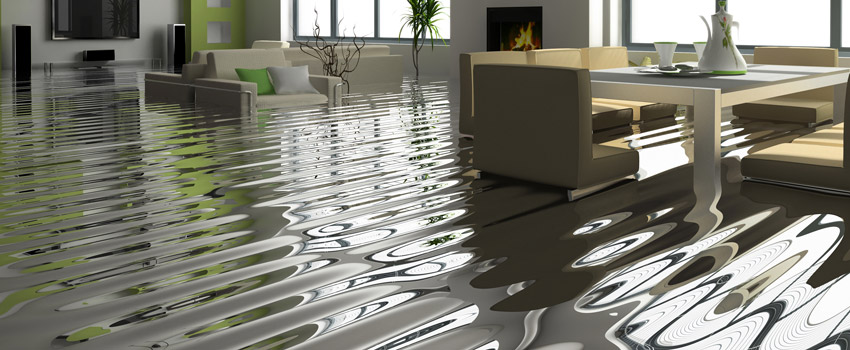
Should I Call My Insurer or a Damage Repair Company First?
When dealing with fire damage or flooding in your home the first instinct most home owners have is to call their insurance company straight away. Although this may seem like the right call, it isn’t necessarily the best way to manage the restoration process.
With over 10 years in service providing the residents of Santa Clara County with property damage restoration, we’ve helped over 100 families navigate the uneasy waters of the claims process.
Below we have outlined the best steps to take when dealing with any property damage in your home or business. Read on! The information outlined in this post could save you thousands.
Step 1: Always Remember to Put Your Safety First!
The first thing you should do before you call anyone is to ensure that you and your loved ones are safe and accounted for and safe. The next thing to do in the case of a fire would be to call 911 for the local fire department. In a flood, you would likely want to shut off the main water valve. This will stop more water from flooding into your home.
Never stay on site at a home that is unsafe to be in. Get yourself and your family to a safe haven before making any more calls.
Step 2: You Can Note Damages That Have Occured…But Don’t Clean Anything
After your home has been deemed safe to re-visit (if you had to leave), it is time to begin to take account of the damage. During this time you should not touch or attempt to clean any belongings. Attempting to save, restore, or salvage personal items can cause issues with your insurance provider.
One thing that is common amongst all insurance companies from Farmers to Nationwide and everyone in between, is there requirement for detailed proof that a disaster has occured that resulted in property damage.
By attempting to clean up and salvage items homeowners might think they are helping. However, in reality they are contaminating evidence that could be the difference in getting a claim approved (ie the insurance company pays for restoration of your property and replacement of personal belongings) or denied (ie the insurance company covers little to no costs).
Taking photos is a great idea, as well as writing down any notes that may be helpful. This broad assessment of the damages that occured will help you communicate the severity of the disaster more easily with your insurance adjuster.
Some of the questions you might expect to field from your insurance company are:
- What is the nature of the disaster? Flooding? Fire? Mold Infestation?
- What rooms of your home are affected?
- Is the home secure?
- Are there holes in flooring, the roof, windows or walls?
- At what time and date did the disaster occur?
No matter what you do, fight the desire to clean up your home or business.
Step 3: Contact a Local Restoration Company
While most homeowners will think to call their insurance company at this point, calling a local property damage restoration company has many advantages.
One thing that often goes overlooked is the deductible. Let’s say for instance that your home suffered from a burst water pipe that caused some flooding to occur on the floors in your kitchen and den. If the water is extracted quickly and the flooring isn’t permanently damaged, it may be cheaper to pay a restoration company directly for the dry-out than it is to pay your homeowners insurance deductible.
Dealing with the right restoration company with the experience necessary to help make these determinations is hugely imporant.
Every new claim a homeowner makes will affect their future insurance rates. That being said, if the damage to a home is minor and you’ve filed claims in the past, dealing direclty with the Restoration company may be cheaper in both the long and short term.
The biggest advantage to contacting a restoration company first is the ability to pick a restoration company of your choosing. Skip the “preferred vendors list” and contact the right company for you. After all, the insurance company has a vested interest in keeping claims as low as possible, do you really want them selecting a vendor who will do everything in their power to MINIMIZE your claim amount?
When contacting a damage restoration company always choose one with a good reputation and plenty of experience. Don’t Forget: you have the right to choose whatever company you think is best for you!
Step 4: Contact Your Insurance Company
Once you have selected the right water damage restoration or fire damage clean up company for you, it is time to call the insurance. Making sure not to wait too long is very imporant. A claim could be denied if you don’t report the damage within an allotted time frame.


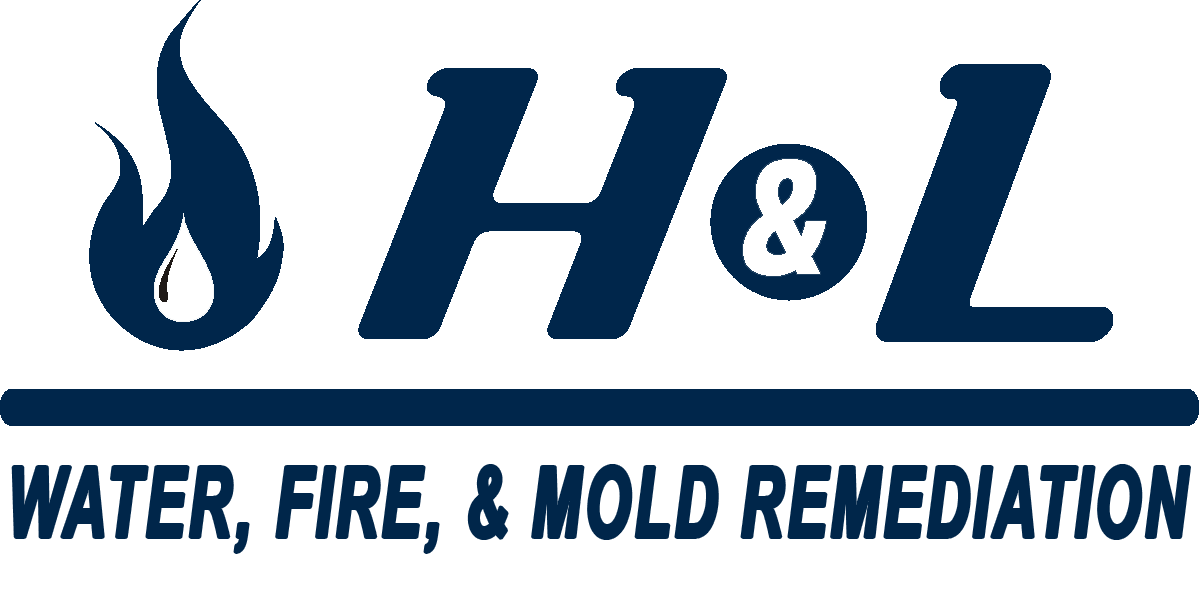
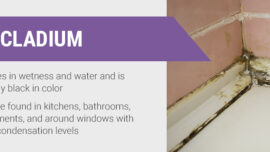
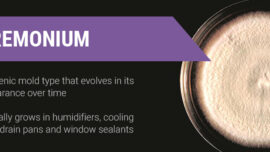



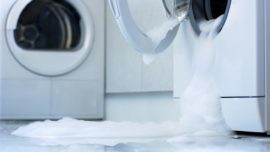
0 comments
Write a comment